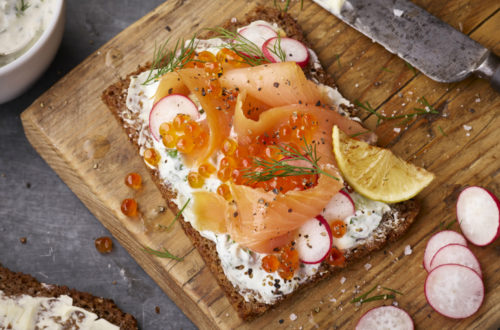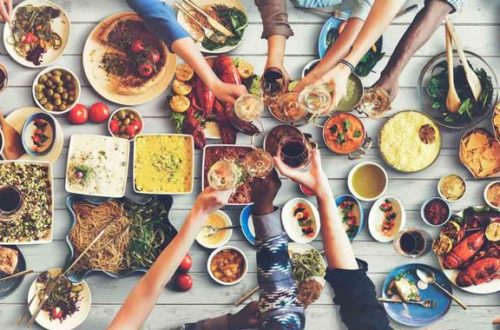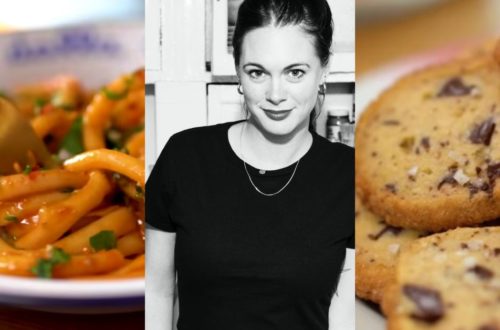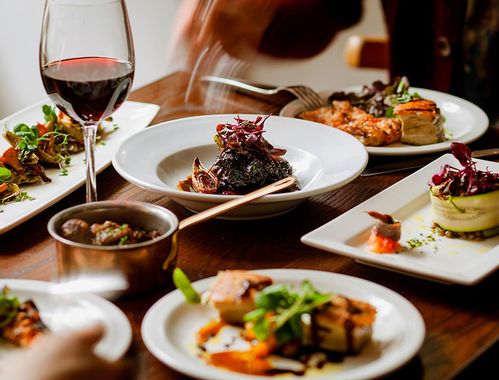
Dinner with Michael Pollan and Ruth Reichl
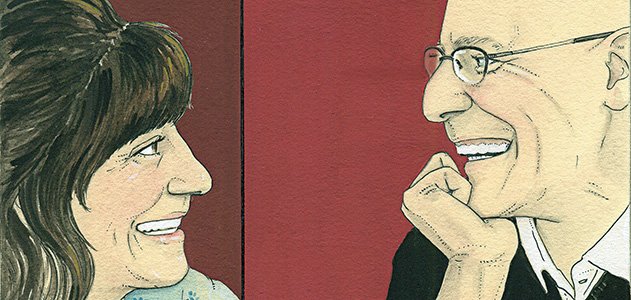

Ruth Reichl: The thing that’s so odd is you’ve sort of become the voice of food for Americans but you didn’t start off as a cook.
Michael Pollan: Not at all. My whole interest in food grew from my interest in gardens and the question of how we engage with the natural world. To go back even further, I got interested in gardens because I was interested in nature and wilderness and Thoreau and Emerson. I brought all their intellectual baggage to my garden here in New England and found that it didn’t work out very well, because ultimately Thoreau and Emerson’s love for nature was confined to the wild. They didn’t conceive of a role for us in nature other than as admirer and spectator…which is a problem when a woodchuck eats all your seedlings. What do you do?
R: Oh! This reminds me of one of those amphora wines ! They are peculiar. You feel like this is what wines in Greece must have tasted like 1,000 years ago. It’s everything Americans don’t like. It’s totally not charming.
P: It’s definitely not charming. It requires you to pay attention. So where was I? So, much of my work grew out of this wonderful American tradition of nature writing, which I was steeped in in college and graduate school. The first food story I wrote was called “Cultivating Virtue: Compost and Its Moral Imperatives,” about American attitudes toward gardening, which are uniquely moralistic. That became the first of a series of essays looking at the interaction between Americans and nature in a place that wasn’t the woods, wasn’t the wild. Ever since I’ve been interested in these messy places where nature and culture have to mix it up. And of course food—the plate—is the most important place. Though I didn’t realize that at the time. First it was gardens and then the garden led to agriculture and agriculture led me to food.
R: But it must be hard. You now have this burden on your shoulder. You’re sort of responsible for all of American food in some way.
P: I’m doing a pretty bad job if I am.
Read the whole dinner conversation on the Smithsonian.




